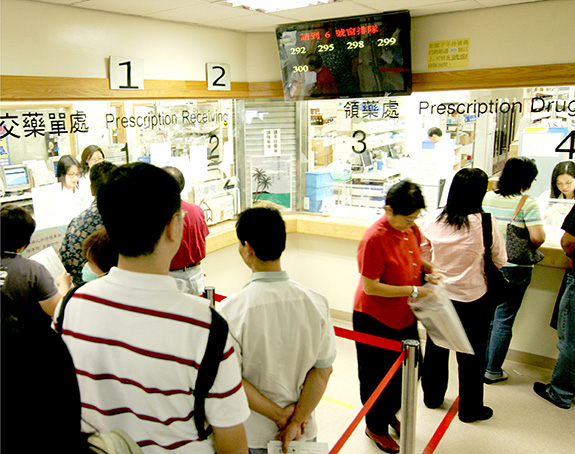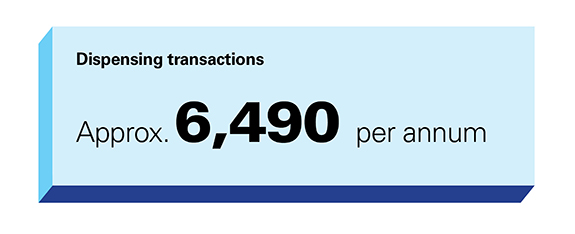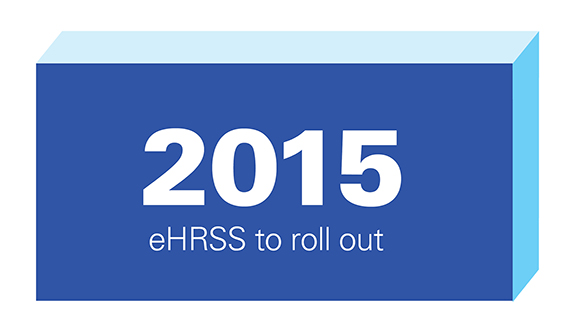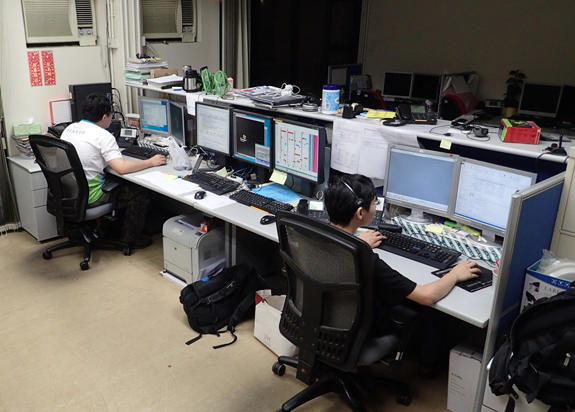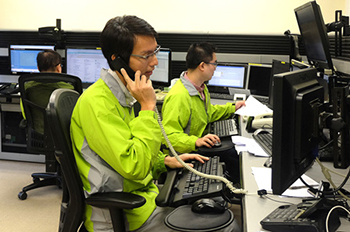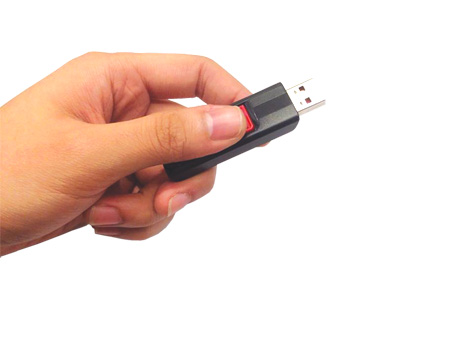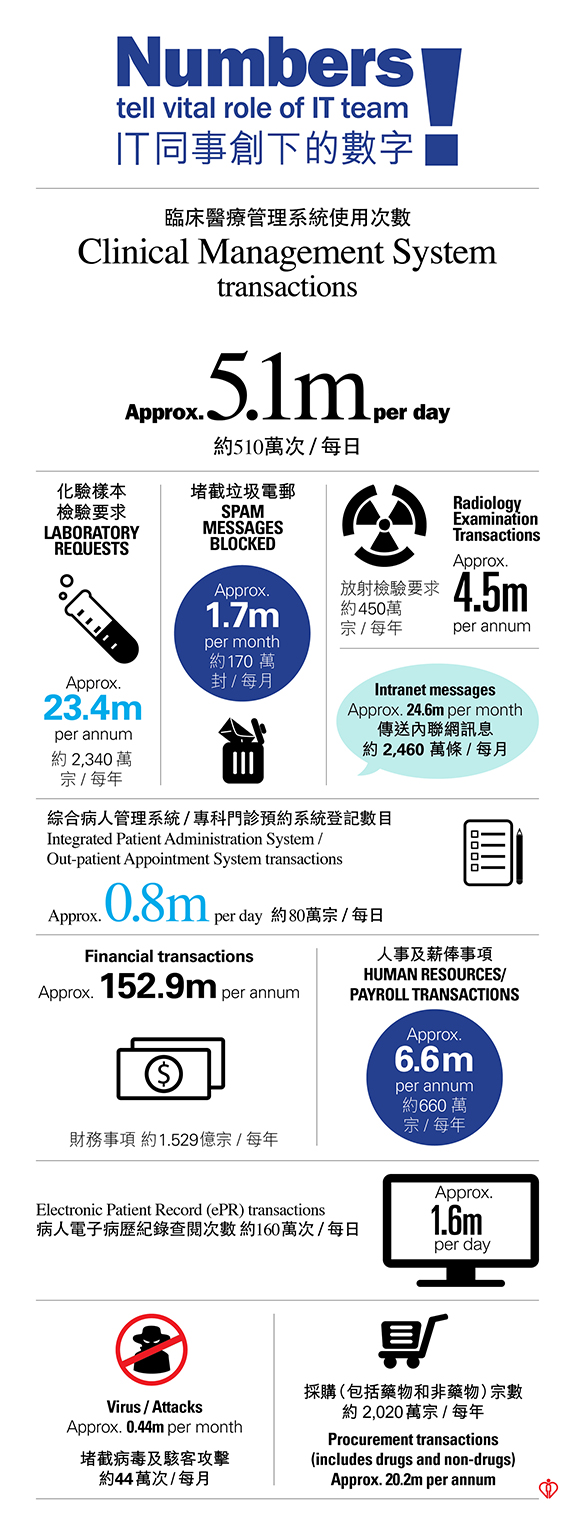Hi-tech developments make life easier for patients
With IT playing an increasingly important role in diagnostic and treatment services, the Hospital Authority is also making good use of new technology to develop mobile applications and e-systems to enhance patient’s services.
TouchMed app frees patients from extended pharmacy waits
Typically in HA acute hospitals, the pharmacy handles more than 1,000 prescriptions a day. This high demand for services means that patients who collect their medicines during peak hours may be faced with a long waiting time. However, with the development of a new mobile app, individuals can manage their time with greater flexibility while waiting for their medicines. Launched last June, the HA’s free download ‘TouchMed’ app for smartphones has an easy-to-use interface that simply requires patients to select the appropriate pharmacy and input their ticket number. The app will then automatically send an alert to the patients’ smartphones once their medicines are ready for collection. Patients may also check the real-time collection status of prescription without having to be present in the pharmacy waiting area. ‘TouchMed’ has been launched in about 30 HA hospital pharmacies in Hong Kong.
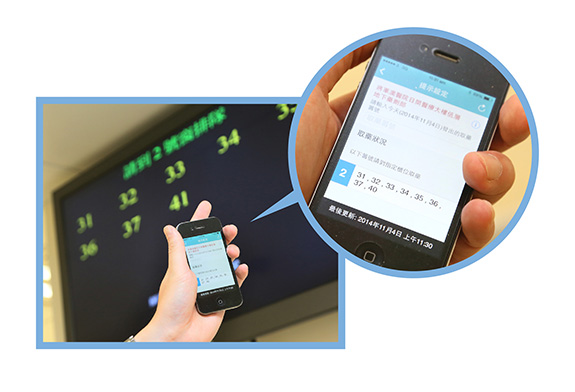
With the ‘TouchMed’ app, patients can make good use of their waiting time.
e-records platform brings public and private healthcare providers closer
The vision to have a centralised platform for sharing patient records between the public and private healthcare sectors in Hong Kong and the need to improve the service gap have led to the Government’s development of Electronic Health Record Sharing System (eHRSS) since 2009. Being the technical agency, the Hospital Authority is committed to developing the necessary data standards and infrastructure for the eHR Programme.
The eHRSS will allow public and private healthcare providers to view and share patients’ medical records with their consent. The system will advance the quality and efficiency of patient care by providing healthcare professionals with authorised online access to comprehensive medical histories. It will reduce the needs of duplicated tests or treatments, enable quality assured clinical practice as well as improvement in disease surveillance and monitoring of public health.
Besides the usual technical challenges, the main missions in establishing this comprehensive platform is to ensure that security measures for this robust system are in place to protect data privacy. Another challenge is building sufficient expansion capacity as the volume of patient data and medical records stored is expected to grow significantly in the future.


